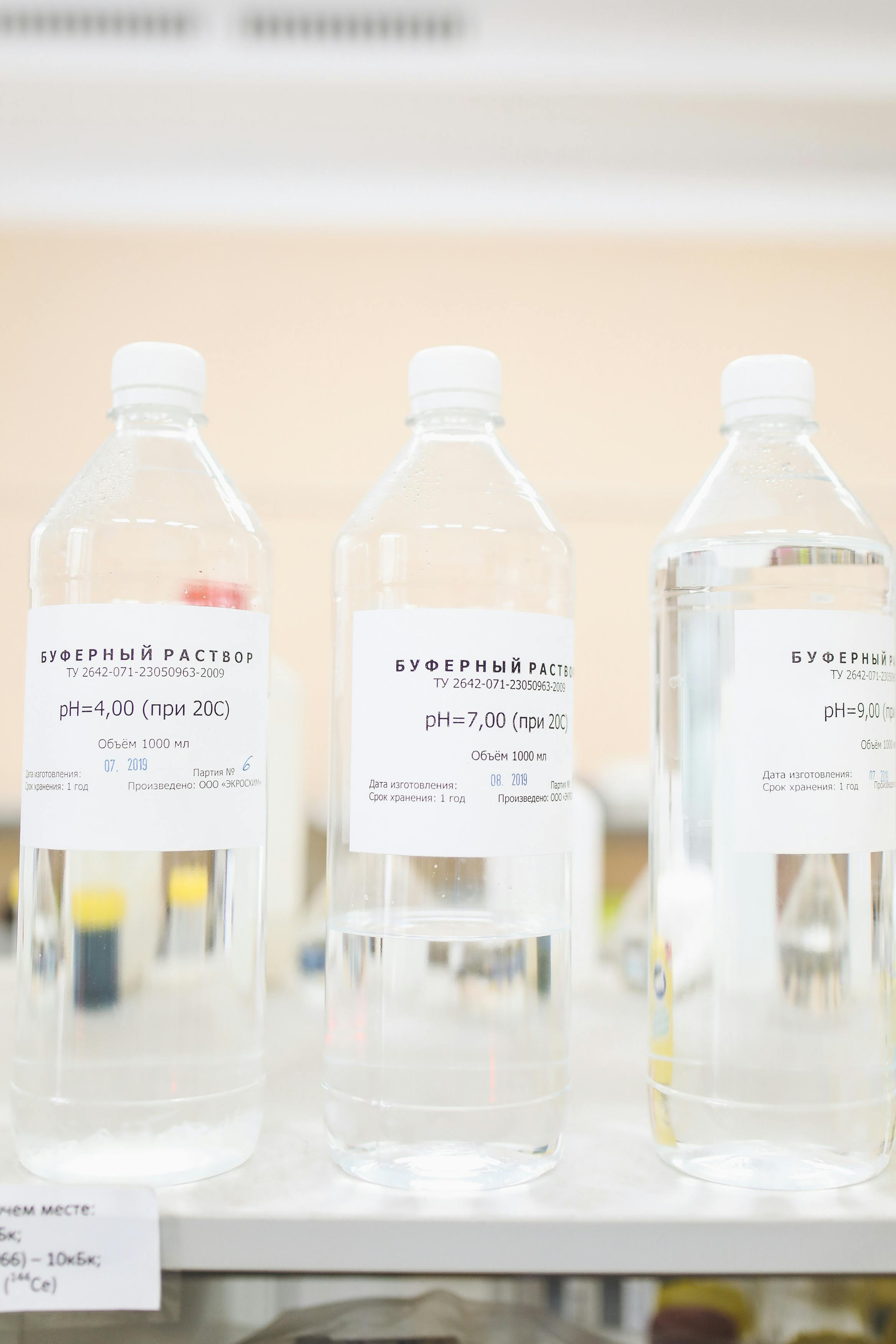Have you ever wondered if adding cinnamon to your coffee could reduce its acidity? Well, we’ve got the answer for you. In this article, we explore the possibility of cinnamon’s effect on acidity levels in coffee. Is it just a popular myth or is there some truth to it? Get ready to uncover the secrets behind this aromatic spice and its potential impact on your morning cup of joe.
The Effects of Acid in Coffee
Introduction to coffee acidity
Coffee acidity refers to the presence of acids in coffee beans. These acids contribute to the flavor profile and overall taste of the brew. The acidity level can vary greatly depending on factors such as the type of coffee bean, the roast level, and the brewing method.
Potential health effects of high acidity in coffee
Although acidity is generally considered a desirable characteristic in coffee, excessive acidity can have some potential health effects. High acid levels in coffee may cause digestive issues such as heartburn, acid reflux, and stomach discomfort in some individuals. These effects are more commonly experienced by people who are already prone to digestive problems.
Negative impact on taste and flavor
In addition to its potential health effects, high acidity in coffee can also have a negative impact on the taste and flavor. Excessive acidity can make coffee taste sour or even bitter. Some coffee drinkers find high-acid brews to be too sharp and unpleasant on the palate. This has led many to explore ways to reduce the acidity in their coffee without compromising its taste.
Understanding Cinnamon
Introduction to cinnamon
Cinnamon is a popular spice derived from the inner bark of trees belonging to the Cinnamomum family. It has been prized for centuries for its distinct sweet and warm flavor, making it a common ingredient in various culinary preparations.
Composition and properties
Cinnamon contains a number of beneficial compounds, including cinnamaldehyde, which is responsible for its characteristic aroma and flavor. It also contains antioxidants and anti-inflammatory substances that may have health benefits. Cinnamon is available in different forms, including powdered cinnamon, cinnamon sticks, and cinnamon oil.
History of cinnamon in coffee
The use of cinnamon in coffee dates back to ancient times. It is believed that Arab traders in the 15th century introduced cinnamon to Europe, where it quickly became a popular spice. People began adding a touch of cinnamon to their coffee to enhance its flavor and aroma. This tradition has persisted over the centuries and continues to be enjoyed by coffee enthusiasts around the world.

Cinnamon as a Natural Acid Reducer
Claims of cinnamon’s acid-reducing properties
Cinnamon has long been touted for its potential to reduce acidity in coffee. Some claim that adding cinnamon to coffee can neutralize the acids, making it easier on the stomach and reducing the risk of digestive discomfort.
Research studies on cinnamon in coffee
While anecdotal evidence and individual experiences abound, there is limited scientific research specifically examining the effect of cinnamon on coffee acidity. More studies are needed to validate the claims surrounding cinnamon’s acid-reducing properties.
Mechanism of action
The exact mechanism by which cinnamon may reduce acidity in coffee is not yet fully understood. It is speculated that cinnamon’s natural compounds, such as cinnamaldehyde, may help buffer the acids present in coffee, resulting in a smoother and less acidic brew. However, further research is required to confirm these theories.
Methods of Using Cinnamon in Coffee
Adding powdered cinnamon to coffee grounds
One common method of utilizing cinnamon in coffee is by adding powdered cinnamon directly to the coffee grounds before brewing. This allows the flavor and aroma of cinnamon to infuse into the coffee during the brewing process, potentially providing a more balanced and less acidic cup of coffee.
Stirring cinnamon into brewed coffee
Another approach is to stir cinnamon into a freshly brewed cup of coffee. This method allows for more control over the amount of cinnamon used and provides the opportunity to adjust the flavor according to personal preference. Simply sprinkle a small amount of cinnamon into the coffee and stir well to incorporate it.
Using cinnamon sticks for brewing
For those who prefer a more nuanced cinnamon flavor, using cinnamon sticks during the brewing process can be a great option. Simply place a cinnamon stick in the coffee filter or infuser basket along with the coffee grounds and brew as usual. This method slowly releases the flavors and aromas of cinnamon into the coffee, resulting in a subtly spiced brew.

Effects on Coffee Flavor
Enhancement of taste and aroma
One of the primary reasons people turn to cinnamon in coffee is for the enhancement of taste and aroma. The natural sweetness and warm notes of cinnamon can complement and balance the acidity in coffee, creating a more harmonious and enjoyable flavor profile. Additionally, the aroma of cinnamon can add a delightful sensory experience to the coffee-drinking ritual.
Potential alterations in flavor profile
It’s important to note that adding cinnamon to coffee may alter its flavor profile to some extent. The distinct taste and aroma of cinnamon will inevitably impart its own characteristics to the brew. While many coffee lovers embrace this change as an enhancement, others may find it less desirable if they prefer their coffee in its purest form.
Cinnamon’s impact on different coffee types
The impact of cinnamon on coffee flavor may vary depending on the type of coffee being used. For example, the addition of cinnamon to a light roast coffee may result in a more pronounced cinnamon flavor, whereas the effect could be more subtle when added to a darker roast. Experimentation is key to finding the right balance and discovering how cinnamon interacts with different coffee profiles.
Other Potential Benefits of Cinnamon in Coffee
Antioxidant properties
Cinnamon is rich in antioxidants, which are beneficial compounds that help protect the body against oxidative stress caused by harmful free radicals. Incorporating cinnamon into your coffee may contribute to your overall antioxidant intake, potentially promoting better health and well-being.
Anti-inflammatory effects
Some studies suggest that cinnamon possesses anti-inflammatory properties. Regular consumption of cinnamon may help reduce inflammation in the body, which is associated with various chronic diseases. Adding cinnamon to your coffee could be a simple way to enjoy these potential benefits.
Potential health benefits
While research specifically examining the health benefits of cinnamon in coffee is limited, both cinnamon and coffee individually have been associated with certain health benefits. Coffee has been linked to improved cognitive function, reduced risk of certain diseases, and increased metabolism, among other potential advantages. By combining coffee and cinnamon, you may enjoy a double dose of potential health benefits.

Considerations and Precautions
Possible risks and side effects
While cinnamon is generally considered safe for consumption in moderate amounts, some individuals may be sensitive or allergic to this spice. Allergic reactions to cinnamon can range from mild to severe, causing symptoms such as itching, swelling, and difficulty breathing. If you experience any adverse reactions after consuming cinnamon, it is advisable to discontinue its use and consult a healthcare professional.
Allergies and sensitivities
Aside from allergies, some people may have sensitivities to certain compounds found in cinnamon, such as coumarin. Coumarin is naturally present in cinnamon, and in high doses, it can potentially cause liver damage. However, the risk is generally low when cinnamon is consumed in normal culinary quantities.
Recommended dosage
There is no standardized dosage for cinnamon in coffee, as it largely depends on personal preference. It is generally recommended to start with a small amount and gradually increase the quantity if desired. It’s important to note that excessive consumption of cinnamon, especially in concentrated forms like cinnamon oil, may lead to potential side effects. Moderation is key when incorporating cinnamon into your coffee routine.
Alternative Methods for Reducing Coffee Acid
Adding milk or cream
One common method for reducing the acidity in coffee is to add milk or cream. The proteins in dairy products can help neutralize the acids, resulting in a smoother and less acidic cup of coffee. This method also adds a touch of creaminess and can enhance the overall texture and mouthfeel of the coffee.
Using low-acid coffee beans
Another approach to reducing coffee acidity is to choose low-acid coffee beans. These beans are specifically processed or roasted in a way that minimizes the acid content. Some popular low-acid coffee varieties include Brazilian Santos, Sumatra Mandheling, and Mexican Altura. Experimenting with different coffee beans can help you find a blend that suits your taste preferences while minimizing acidity.
Cold brewing techniques
Cold brewing is a method of coffee preparation that involves steeping coffee grounds in cold or room temperature water for an extended period, usually 12 to 24 hours. This slow extraction process produces a smoother and less acidic brew compared to traditional hot brewing methods. Cold brew coffee can be enjoyed black or with the addition of flavors like cinnamon, providing a refreshing and low-acid alternative.
Expert Opinions and Consumer Experiences
Expert perspectives on cinnamon’s efficacy
While there is limited scientific research specifically on cinnamon’s effect on coffee acidity, experts in the coffee industry have weighed in on this topic. Some coffee professionals believe that cinnamon can indeed help reduce acidity and provide a more balanced flavor profile. However, it is important to note that individual experiences and preferences may vary, highlighting the subjective nature of taste.
Anecdotal reports from coffee enthusiasts
Coffee enthusiasts often share their personal experiences and experiments on various online forums and social media platforms. Many coffee lovers have reported positive results when adding cinnamon to their coffee, including a smoother taste, reduced acidity, and enhanced flavor. These anecdotal reports can provide valuable insights and serve as a starting point for those interested in trying cinnamon in their coffee.
Comparisons with other acid-reducing methods
When it comes to reducing coffee acidity, cinnamon is just one of several methods that people employ. As mentioned earlier, adding milk or cream, using low-acid coffee beans, and cold brewing techniques are all viable alternatives. Each method offers its own unique advantages and may appeal to different individuals based on their personal preferences and dietary restrictions.
Conclusion
In conclusion, cinnamon has been used for centuries as a natural flavor enhancer in coffee. While scientific research on its specific acid-reducing properties is still limited, many people have reported positive results when incorporating cinnamon into their coffee routine. The addition of cinnamon not only enhances the taste and aroma of coffee but may also provide potential health benefits due to its antioxidant and anti-inflammatory properties.
When considering the use of cinnamon in coffee, it is essential to be aware of potential risks, such as allergies or sensitivities. It is advisable to start with a small amount of cinnamon and gradually increase if desired, while also monitoring any adverse reactions.
In addition to cinnamon, there are alternative methods for reducing coffee acidity, such as adding milk or cream, using low-acid coffee beans, and exploring cold brewing techniques. Ultimately, the choice of method will depend on personal preferences and goals for achieving a smoother and more enjoyable coffee experience.
